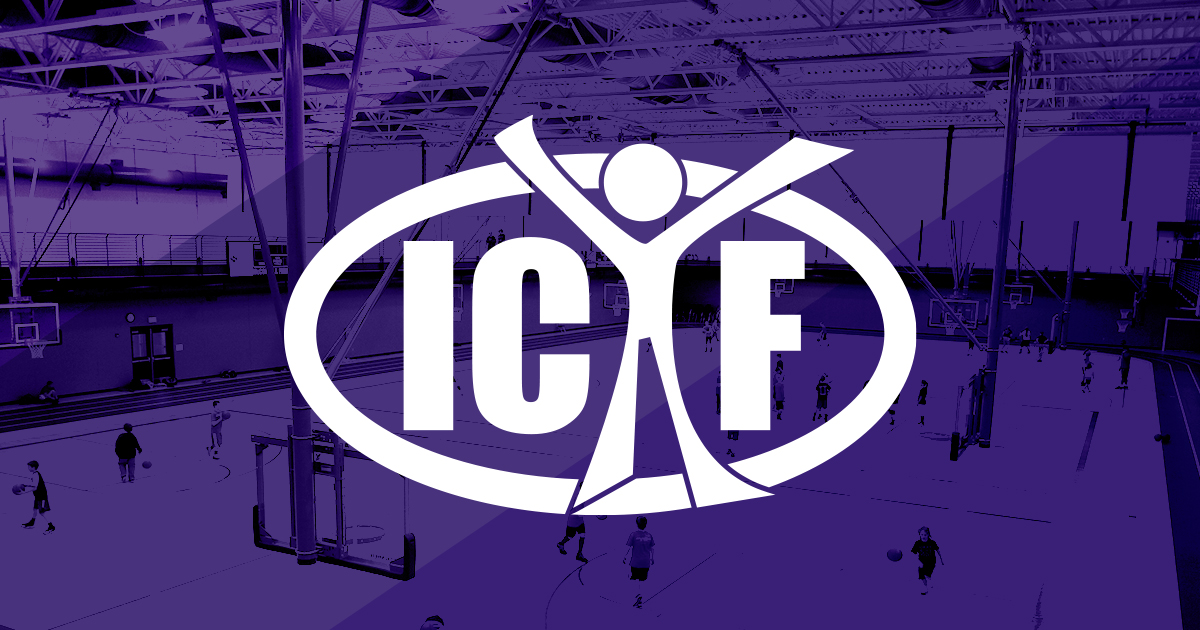Jennifer DeWall RDN, CSSD, LD works with ICYF to provide expert advice on sports nutrition and healthy eating to the student and families of Indianola. A registered dietitian/nutritionist, Jennifer owns a private practice that focuses on helping athletes stay on the cutting edge with superior nutrition.

Usually, a quick snack an hour before competition or practice is ideal for most. Snacks post-event are also important. While selecting a carbohydrate-rich food pre-event is best, adding in some protein to your post-event snack/meal is critical to maximizing glycogen stores and aid in muscle repair.
Snacks to Fuel Pre-Event
Snacks one hour before an event lasting 60+ minutes should be familiar to the athlete. Do not try a food or beverage for the first time right before a competitive event.
high in carbohydrate, low in fiber, and low in fat to facilitate gastric emptying and fuel utilization.
based on body weight. Consume 1 gram carbohydrate per kilogram body weight ( 150 pound athlete should consume about 65 grams carbohydrate one hour before an event.)
based on individual tolerance.
Recovery Snacks
Recovery snacks are a great way to provide needed energy in an athlete’s diet. Recovery snacks are most important when other activities will be performed within 24 hours (example: morning weight training with afternoon practice) or eating a meal within 30 minutes is not doable.
For optimal recovery :
- snacks post-workout should include carbohydrates and some protein to assist in muscle repair.
- the amount of food you consume should be based on body weight. Eat a snack that is 1.5 grams carbohydrate per kilogram body weight ( example: 150-pound athlete should consume about 100 grams carbohydrate.)
- have a snack within 30 minutes post-event.
- consume high glycemic carbohydrates. Consuming foods with high glycemic index results in higher glycogen stores 24 hours after a glycogen-depleted exercise is performed. (1) High glycemic food examples include baked potato, bagel, graham crackers, watermelon, raisins, orange juice, honey, pancakes, waffles, and sports drinks.
On the Go Snack List
An (*) indicates a good recovery snack option.
- ClifBar+banana
- Mix together 2 ounces pretzels + 1/4 cup raisins
- 1 cup 100% juice + 1 cup low-fat yogurt*1 bagel with low-fat cream cheese
- 1 Nature Valley granola bar packet + 1 cup skim milk*
- 2 ounces whole-grain Kashi crackers with hummus
- Carnation Instant Breakfast (mix with low-fat or fat-free milk) + toast with fruit jam*
- 1 Erin Baker’s Wholesome Breakfast Cookie
- Granola bar (Kashi) + string cheese + 1 cup low-fat or fat-free milk*
- Low-fat Animal crackers (single-serve -2 ounces) + 8 ounces sport drink
- 1 cup Honey Nut Cheerios mixed with dried fruit and 1⁄4 cup honey roasted soy nuts*
- Back to Nature sweet potato cinnamon crackers (20 crackers) + fresh fruit
- 2 Cups Air-popped popcorn or light microwave popcorn mixed with dried fruit, peanuts*
- Baked Potato Chips ( single-serve 1.5 ounces) + 16-ounce sports drink
- 2 Rice cakes topped with peanut butter and honey + 1⁄4 cup dried cherries*
- 2 Kashi frozen waffle topped with almond butter + 1 cup skim or low-fat milk
- Sandwich with lunch meat and cheese slice
- 6FigNewtoncookies
- 1 hardboiled egg sprinkled with salt + 1 1/2 cup grapes*
- NakedFruitJuiceSmoothie
- Graham cracker sticks + a peanut butter to go packs*
- Starkist Lunch to Go Tuna Packets + 12 extra crackers*
- 2 ounces Baked Corn chips + Salsa + water
- Large Rolled tortilla with hummus
- Instant Oatmeal cup topped with raisins
- 2 Dried Fruit Strips + 12 Nabisco Wheat Thin crackers
- 12 reduced-fat Nabisco Triscuits dipped in hummus or peanut butter
- 1⁄2 cup low-fat cottage cheese with fruit cup*
- 1 pita pocket stuffed with light cream cheese sliced bananas, strawberries & kiwi
- 1 cereal bar + string cheese*
- 1 frozen fruit bar + 6 reduced-fat Nabisco Triscuits
- 1 cup frozen sherbet
This list is intended for athletes who follow a general diet. Contact a sports nutritionist for alternative ideas if you have a food allergy or sensitivity.

